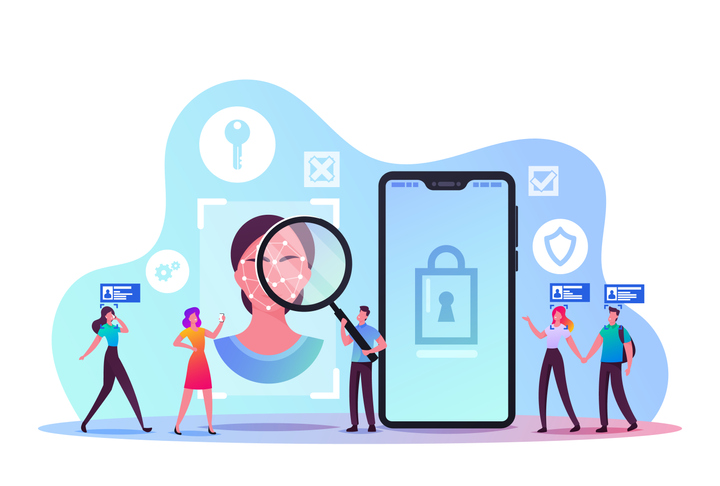
The Significance of Digital Identity in Healthcare
With the advancement of technology, every industry is going through a big shift. And healthcare industry is no different. There are several tools and techniques available to secure and streamline your digital identity in the healthcare industry.
Using the power of digital identity can offer manifold benefits. You can experience enhanced credibility and trustworthiness in the medical community. That can further be used to streamline administrative processes.
That being said, for healthcare institutions and independent practitioners, using digital identity is no longer just a value addition but a critical necessity for business growth.
Herein, we will explore the importance of digital identity in the healthcare industry.
So, let’s dive right in!
1. Improved Patient Experience
Streamlined Services: With digital identities, patients no longer have to fill out repetitive paperwork during each visit. A singular, unified identity means faster check-ins, appointment scheduling, and better service delivery.
Personalized Care: A digital identity can store a patient’s health history, preferences, and needs, ensuring personalized care and medical advice tailored to individual requirements.
2. Enhanced Data Accuracy
Reduction in Errors: Manual data entry often leads to errors. A unified digital identity helps ensure that the data is accurate, consistent, and up-to-date.
Real-time Updates: Changes in a patient’s medical record are updated in real-time, ensuring that healthcare professionals always have access to the most recent information.
3. Cost Efficiency
Reduction in Administrative Tasks: With digital identities, much of the paperwork and administrative tasks are reduced, leading to significant cost savings for healthcare institutions. Many healthcare providers are turning to software outsourcing companies to develop their software and web presence efficiently. Hiring experienced and skilled professionals can help you get your website up and running in no time.
Efficient Resource Allocation: Healthcare providers can allocate resources more effectively by having a clear and organized digital database of patient information.
4. Secure Data Management
Data Encryption: Digital identities often incorporate advanced encryption techniques, ensuring that the patient’s sensitive data remains confidential and protected from breaches.
Authentication Protocols: Digital identity platforms generally use multi-factor authentication, adding an additional layer of security against unauthorized access.
5. Seamless Integration with IoT and Wearables
Real-time Monitoring: By integrating digital identity with IoT devices and wearables, healthcare providers can monitor patients in real-time, leading to timely interventions and improved patient outcomes.
Personal Health Records: Patients can have access to their health records on the go, making it easier to manage their health and wellness.
6. Interoperability and Collaboration
Unified Systems: Digital identity fosters a unified healthcare ecosystem where different healthcare providers can collaborate seamlessly.
Improved Continuity of Care: As patients move between specialists or facilities, digital identity ensures the continuity of care, with medical records being accessible across various platforms and institutions.
Challenges and Considerations
However, with the benefits come challenges that you need to overcome to gain user trust. Here are some of the common challenges that you may encounter:
Privacy Concerns: Managing and storing vast amounts of personal data digitally can raise privacy concerns. Strict regulations and ethical considerations are essential.
Technology Adaptability: Not all healthcare institutions have the infrastructure or training to adapt to digital identity systems immediately.
Potential for Misuse: Like any digital system, there’s potential for misuse or breaches. Thus, implement robust security measures.
Enjoy Getting Digital!
To Sum Up
This brings us to the end of this post. So now you know that today businesses are getting more customer-centric. They look for ways to attract more customers and strive to provide a personalized experience. And when it comes to the healthcare industry, they are also introducing ways to provide security, efficiency, and performance for substantial business growth. So, embrace digital transformation to stay informed of global healthcare opportunities.


